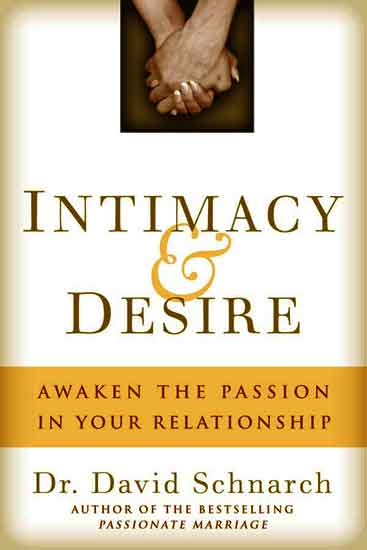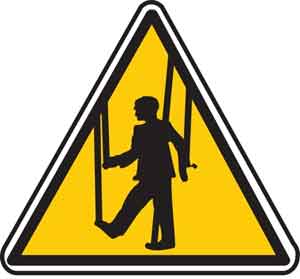


Recently I wrote about the importance of emotional autonomy. (available here.) When you can't manage your own emotional life, you invariably (deliberately or unknowingly) enlist other people to help you handle your feelings and maintain your emotional equilibrium. Beside pressing other people into service, your interpersonal relationships become devoted to this task. The result is your marriage and family become rigid, stifling, stale, and unable to blossom because of the over-riding mandate for emotional regulation.
Emotional Autonomy: The key to interdependence
I'm sure some readers asked themselves, "Where does healthy interdependence fit in?" This is not just a legitimate and important question, for some it's their brain/mind desperately searching for an "escape exit."
Interdependence as a concept has been around for years, but it is badly misunderstood. This is why people talking the most about it are usually unable to do it. The problem isn't that they have difficulty putting their ideals into practice (but which is often true). The problem is their idea of interdependence is systematically wrong.
If you want to have interdependence, rather than just talk about it, you've got to get down to practicalities: How do you do it? How do you put healthy interdependence into play? How do you keep it going? Here conventional notions of interdependence fall apart.The answer is emotional autonomy–being able to handle your own feelings, thoughts, anxieties and emotions. People's lack of emotional autonomy makes it impossible to maintain healthy productive interdependent relationships for long.
Tampering with your partner
"Co-regulation" advocates say partners in good relationships only regulate their mate for his or her benefit. True, but these aren't the couples seeking treatment. People who need "co-regulation" depend on getting a positive reflected sense of self and emotional soothing from others. These people are most likely to regulate their partner for their own personal needs. The more you get your partner to give you the reflected sense of self and emotional soothing you need, the worse things get.
"Co-regulation" won't make you feel good enough about yourself that you free the slaves. You become more dependent on them, and you make sure you continue to get what you need: You control what you let your partner know about you. You complain you want more intimacy, but you're increasingly afraid to be truly known. You tamper with how he or she feels about himself/herself, in part, to offset feeling vulnerable through your own emotional dependency.
People who can't control themselves control the people around them
- One of the kindest things you can do for the people you love is develop more emotional autonomy.
- Managing your own emotions, feelings, and anxieties gives other people back their lives.
Read case examples and further discussion here.
Couples Enrichment Weekends based on these precepts are scheduled throughout the year. Read more here.
You'll find more "Ideas to Ponder" in Intimacy & Desire.
For more resources visit Crucible4Points.com
© 2011 by Crucible Institute. All rights reserved.

